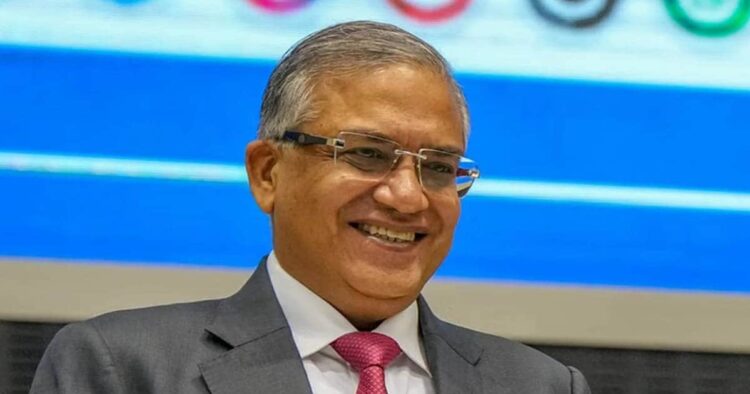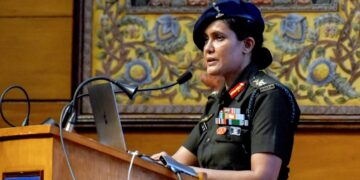Former bureaucrat Gyanesh Kumar has been appointed as the new Chief Election Commissioner (CEC), succeeding Rajiv Kumar, who held the position since May 2022. A 1988-batch Kerala Cadre IAS officer, Kumar has been serving as an Election Commissioner since March 2024.
His appointment is the first under the new law that replaced the Chief Justice with the Home Minister on the selection panel. The selection committee, comprising Prime Minister Narendra Modi, Home Minister Amit Shah, and Leader of Opposition Rahul Gandhi, finalized and recommended Kumar’s name earlier on Tuesday.
However, Congress raised concerns over the new selection process, urging a delay in the appointment pending the Supreme Court’s February 19 hearing on a plea challenging the Centre’s changes to the selection panel.
Extensive Experience in Governance and Elections
Gyanesh Kumar was appointed to the Election Commission on March 14, 2024, just two months after retiring from the IAS. He assumed office the next day, and within 24 hours, the Election Commission announced the schedule for the Lok Sabha elections.
Over the past 11 months, he has been part of the Commission alongside Rajiv Kumar and Dr. Sukhbir Singh Sandhu, overseeing key elections, including the Lok Sabha polls, the first Assembly elections in Jammu and Kashmir as a Union Territory, and Assembly elections in Haryana, Jharkhand, Maharashtra, and Delhi.
Kumar’s tenure as CEC will extend until January 26, 2029, during which he will oversee 20 Assembly elections, the 2027 Presidential and Vice-Presidential elections, and preparations for the 2029 Lok Sabha elections.
Key Roles in Government and Policy Implementation
Before joining the Election Commission, Kumar had a distinguished career in public administration. At the time of his retirement in January 2024, he was serving as the Secretary of the Cooperation Ministry. His career included roles as Parliamentary Affairs Secretary, Joint Secretary and Additional Secretary in the Ministry of Home Affairs (MHA), and Joint Secretary in the Ministry of Defence.
Kumar played a pivotal role in drafting the Jammu and Kashmir Reorganisation Bill, which led to the abrogation of Article 370 in 2019. He was also instrumental in establishing the Ram Janmabhoomi Teerth Kshetra Trust. As Cooperation Secretary, he oversaw the passage of the Multi-State Cooperative Societies (MSCS) (Amendment) Act, 2023, aimed at increasing transparency in the cooperative sector. A native of Uttar Pradesh, Kumar holds a B Tech degree in civil engineering from IIT Kanpur.

















Comments